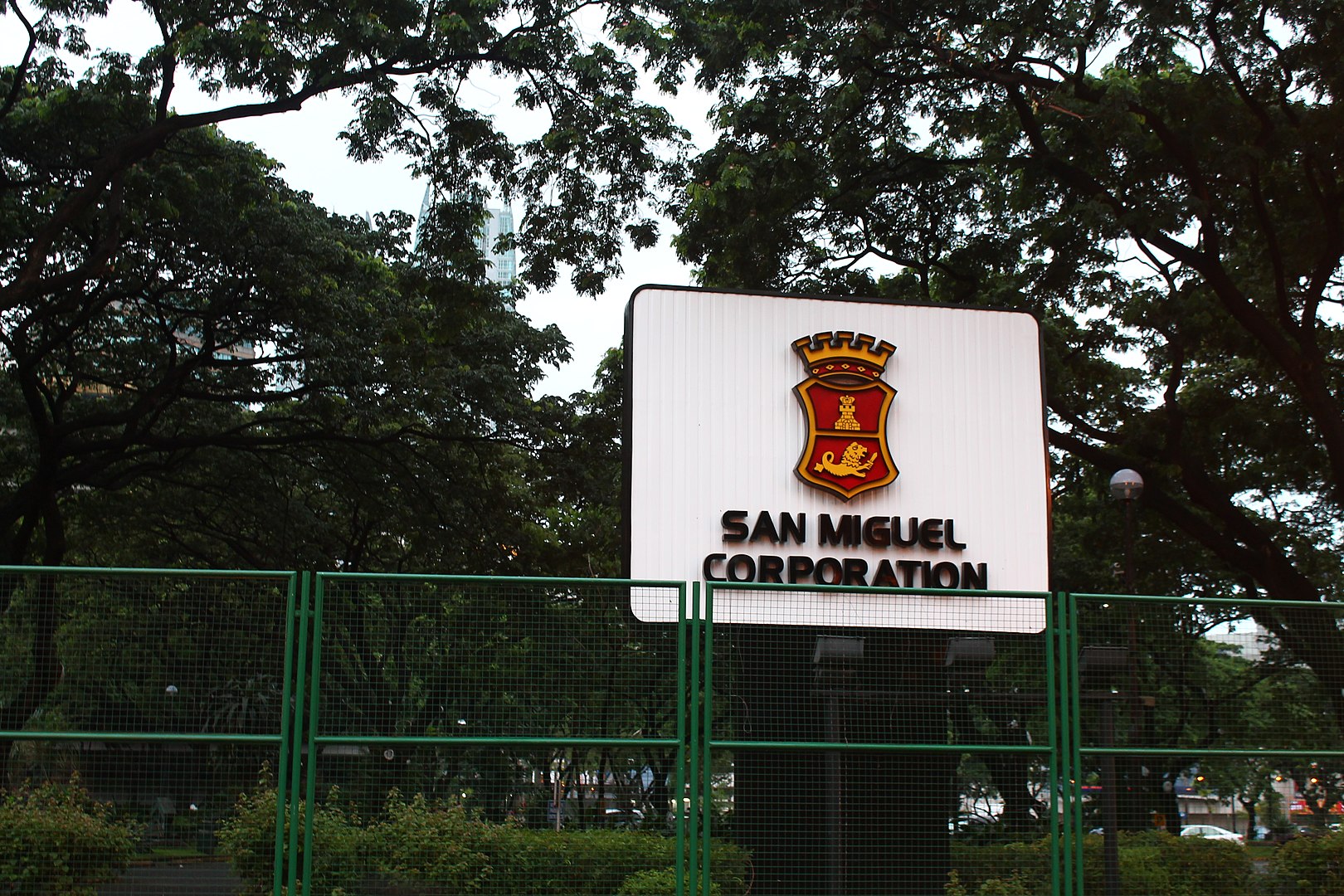Business and Economy
SMC debuts PH’s first recycled plastics road

FILE: San Miguel Corporation Headquarters at Ortigas Center, Pasig City (Photo By Elmer B. Domingo/Wikimedia Commons, CC BY-SA 3.0)
MANILA — Conglomerate San Miguel Corporation (SMC) has taken another major step in the area of sustainability, by laying the first recycled plastics road in the Philippines.
Asphalt using plastics were laid on a 1,500-square meter pilot test site at a new logistics center in General Trias, Cavite.
The test site was chosen as it will be used primarily as a marshaling area for trucks with heavy loads, including 18-wheelers, and heavy equipment.
SMC president Ramon S. Ang said: “What we want to achieve is to help address an important environmental issue, and that is plastic wastes. We want to create a sustainable use for waste plastics so that they don’t end up in landfills and our rivers and oceans.”
Some 900 kilos of plastic waste, equivalent to some 180,000 sachets and plastic bags, were used for the test site.
SMC’s technology partner, global materials science company Dow, said recycled plastic waste acts as a binder together with bitumen, in the production of asphalt.
The company said using recycled plastics in the production process can help make roads longer lasting and more durable compared to conventional asphalt.
Independent lab testing done on San Miguel’s recycled plastics road asphalt shows that it exceeds the standards of the Department of Public Works and Highways.
The company said pending further testing, it can build recycled plastics roads in its facilities, as well as major infrastructure projects.
Last week, San Miguel also announced that it is adopting the use of biodegradable plastics for food and non-food products.
For this, the company is utilizing the biodegradable plastics developed by Philippine Bioresins Corporation that can be 64.65 percent degraded in 24 months as compared to non-biodegradable plastics (4.5 percent in 24 months).
The Department of Science and Technology (DOST) Industrial Technology Development Institute gave this innovation an Environmental Technology Verification certificate.
San Miguel has also discontinued its bottled water business a few years ago and embarked on the move to reduce group-wide non-product water use by 50% by 2025. (PR)





















